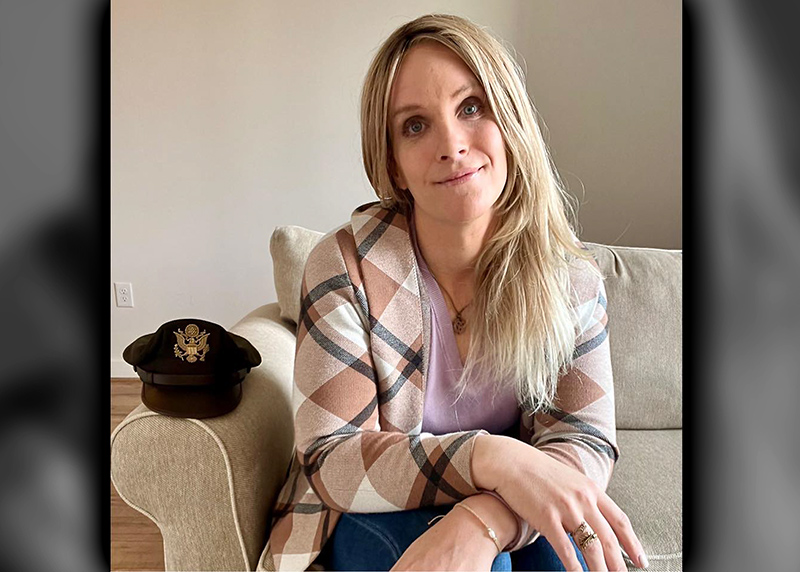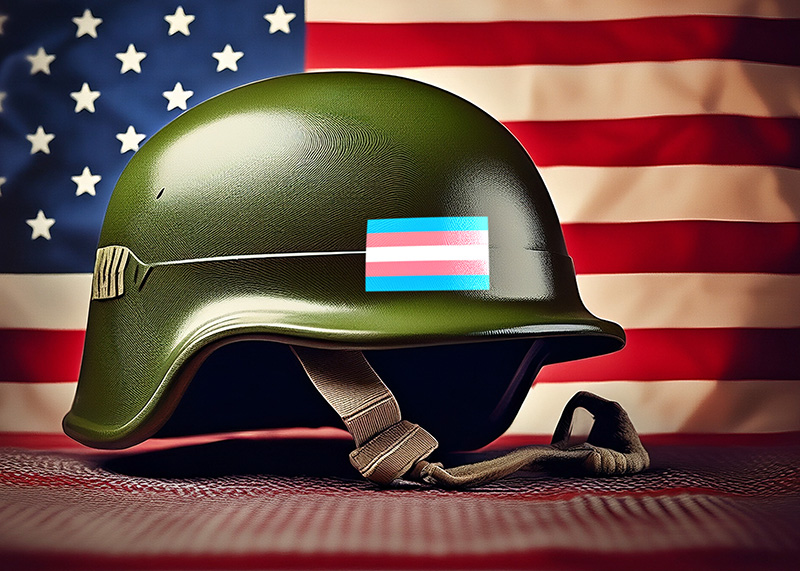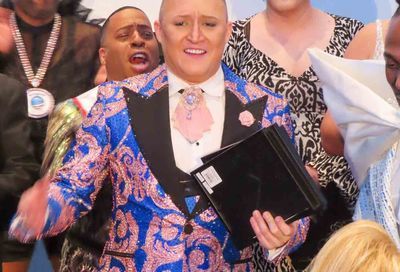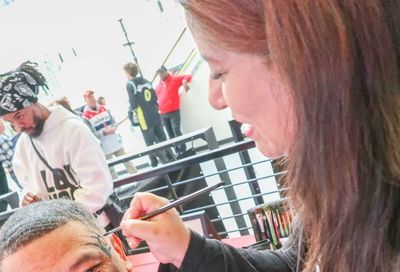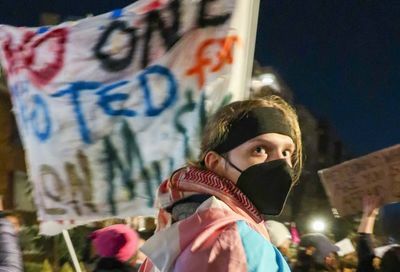Arrested Development
GLBT activists debate arrests in new Mount Vernon strip
For the past three-and-a-half years, local transgender activist Earline Budd has volunteered her time on Wednesdays, visiting transgender inmates at the D.C. Department of Corrections’ jail.
On Wednesday, Aug. 20, Budd made time for another effort: calling together city officials and community members to talk about recent arrests near a new development of retail and condominiums in the District’s Mount Vernon neighborhood, CityVista.
At that downtown meeting, Budd, a treatment and healing specialist at D.C.’s Transgender Health Empowerment (THE) advocacy organization, said that earlier that day she had seen 25 gay, bisexual or transgender individuals incarcerated for solicitation in the Mount Vernon neighborhood, specifically near the Fourth and K Streets NW intersection, which borders CityVista.
It’s an area sex workers know they can find work, Budd told the approximately 20 meeting attendees, adding that some of the inmates with whom she met told her they plan on returning to the same area once released because they have nowhere else to go.
With new residents for these upscale condos and more units yet to open, as well as new retail additions, such as a Safeway grocery store set to open Sept. 12, several participants at the meeting characterized the situation as a clash between prostitutes — many of whom identify, Budd says, as bisexual, gay or transgender — who have established themselves in this neighborhood, and new, relatively affluent residents who may appreciate the condo amenities, but not the illegal activity at their doorstep.
”We’re in a crisis, and I hate to use that language,” Budd said during the meeting.
”It’s up to us to decide what are the immediate things that we can do now. Because [a city] job fair, the career day, all that stuff is fine, it can happen. But right now, I have about 10 transgenders among the 25 [inmates], about to get out within the next 30 to 120 days. And they ask the questions, ‘Where do I go?’ ‘What housing is available?”’
Brian Watson, director of programs at THE, emphasized that this is not a problem solely impacting the transgender community.
”There’s a lot of gay males down there too, and it’s the same thing,” he said. ”What can we do, so that when those 25 step foot back on the street, that they will not go right back down [to Fourth and K Streets NW]?”
To help answer that question, Budd, along with Mount Vernon Triangle Community Improvement District Executive Director Bill McLeod, say they invited representatives from the Department of Mental Health, the Department of Human Services, the Addiction Prevention and Recovery Administration, the Department of Employment Services and the Department of Health, though none of those entities were represented at Wednesday’s meeting.
”The key people we need to have here, we don’t,” Budd told her audience, which included Acting Lt. Brett Parson of the Washington Metropolitan Police Department. Parson, who is gay, oversees the MPD’s community-liaison units, including the Gay and Lesbian Liaison Unit (GLLU). Christopher Dyer, director of the Mayor’s Office of LGBT Affairs, Jeff Chubb, outreach manager at Helping Individual Prostitutes Survive (HIPS), and other activists and officials with a stake in the discussion also attended.
The hour-long meeting concluded with three agreed-upon goals: a meeting with representatives from government agencies missing at Aug. 20 meeting, which is tentatively scheduled for mid September; THE certification to allow that group to conduct housing assessments of the affected sex workers; a listing from Dyer’s office of employers who may be willing to hire some of those now incarcerated for legitimate employment upon their release.
Said Dyer: ”The reality is there’s a citywide job fair on Sept. 23. But, let’s be blunt, … it might not be the most effective strategy in terms of people getting jobs right away.”
Support Metro Weekly’s Journalism
These are challenging times for news organizations. And yet it’s crucial we stay active and provide vital resources and information to both our local readers and the world. So won’t you please take a moment and consider supporting Metro Weekly with a membership? For as little as $5 a month, you can help ensure Metro Weekly magazine and MetroWeekly.com remain free, viable resources as we provide the best, most diverse, culturally-resonant LGBTQ coverage in both the D.C. region and around the world. Memberships come with exclusive perks and discounts, your own personal digital delivery of each week’s magazine (and an archive), access to our Member's Lounge when it launches this fall, and exclusive members-only items like Metro Weekly Membership Mugs and Tote Bags! Check out all our membership levels here and please join us today!



